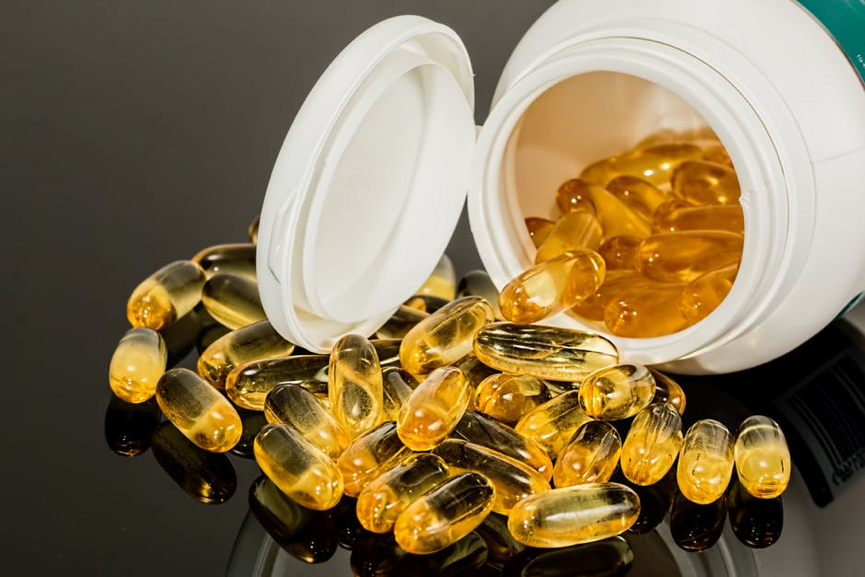The Effects and Benefits of CBD, Explained
CBD is one of the most common natural chemical compounds found in hemp and cannabis plants. The cannabinoid is known to provide a wide range of therapeutic and soothing effects in its users, without any of the psychoactive effects that are attributed to tetrahydrocannabinol (THC).
For decades, much of the conversation surrounding cannabis ignored CBD in favour of THC and its psychoactive properties. But as more studies highlight CBD’s wide-ranging medical applications, the once-neglected cannabinoid is attracting global interest.
How does CBD work?
Understanding how CBD works can be a little complicated because it requires familiarity with how various brain receptors interact with certain molecules. Generally speaking, cannabinoids such as THC and CBD bind to certain receptors in our brains. THC is known to bind with and activate the CB1 and CB2 receptors in the brain, producing the psychotropic effects that many people associate with cannabis. CBD also binds to CB1 receptors in the brain. But rather than activating these receptors like THC does, it instead helps to block them. This interaction is believed to mitigate some of THC’s potentially unpleasant effects, such as anxiety, rapid heartbeat and paranoia.
CBD also interacts with several other receptors in the endocannabinoid system, which accounts for its wide range of therapeutic benefits. According to “Cannabis Pharmacy”, Michael Backes’s seminal book on medical marijuana, CBD is also known to bind with pain-reducing and mood-affecting receptors, such as GPR18, 5-HT1A, and GABA-A. These interactions result in the release of dopamine and natural opioids into our bloodstreams.
Is CBD safe?
Findings from the 2017 World Health Organization Expert Committee on Drug Dependence revealed that CBD is neither addictive nor harmful. In fact, the committee even recommended that CBD should not be classified as a scheduled or controlled substance.
In recent years, many physicians in Canada and the United States have started prescribing CBD as a benign and non-addictive pain medication. Doctors like Michael Verbora, medical director for Canabo Medical Corp, are leading the way in this initiative. Verbora believes that CBD can be a highly effective treatment for a variety of conditions—one that poses significantly less risk than traditional pharmaceuticals.
It should be noted that CBD can affect the way that your liver enzymes metabolize prescription medications, and it’s important to chat with your doctor about how it might interact with other drugs you may be taking.
Benefits and effects of CBD
Several studies have proved that CBD use can benefit a range of physical ailments, like multiple sclerosis and epilepsy, due to its neuroprotective, anti-inflammatory and analgesic (pain-relieving) properties. Other studies have demonstrated that CBD can also be used to help treat motivational disorders, such as depression, anxiety and addiction, because of the way that the molecule interacts with adenosine, glycine and 5-HT1A receptors in the brain.
CBD-rich strains show particular promise for the following ailments:
- epilepsy
- anxiety
- psychosis
- arthritis
- multiple sclerosis
- staph infections (MRSA)
- nausea
- stress
- insomnia
- PTSD
- diabetes
How to use CBD

CBD can be ingested in a variety of ways, depending on your needs. CBD-rich strains can be vaped, smoked, or turned into edibles for consumption purposes. CBD oils can also be purchased from licensed producers in capsules or oils. However, because CBD oil is not yet legal for recreational purposes in Canada, only users with medical cannabis prescriptions can purchase it from licensed producers. That will likely change in the coming months once the Cannabis Act is enacted.
CBD creams are also not yet legal for purchase in Canada, even for medicinal users. But you can easily make your own CBD balms at home by mixing CBD oil into your favourite creams and lotions. Some licensed producers have even gotten in on the trend, and are now selling their own non-infused creams for blending with prescription oils. A study published in the Journal of Pain Research confirms that topical use of certain CBD creams can reduce inflammatory pain in animals. While clinical studies are still needed for humans, many people have reported their own positive results with CBD-based topicals.
As legalization draws nearer in Canada, you can expect to start seeing more CBD-rich products hitting store shelves in the near future. Check out Hempster’s archive of legally available products to find out which CBD products might work best for you.
Looking for more information on legal, lab-tested CBD in Canada? Book your free consultation with a medical cannabis prescriber, or call 1-888-671-8022 with questions.

